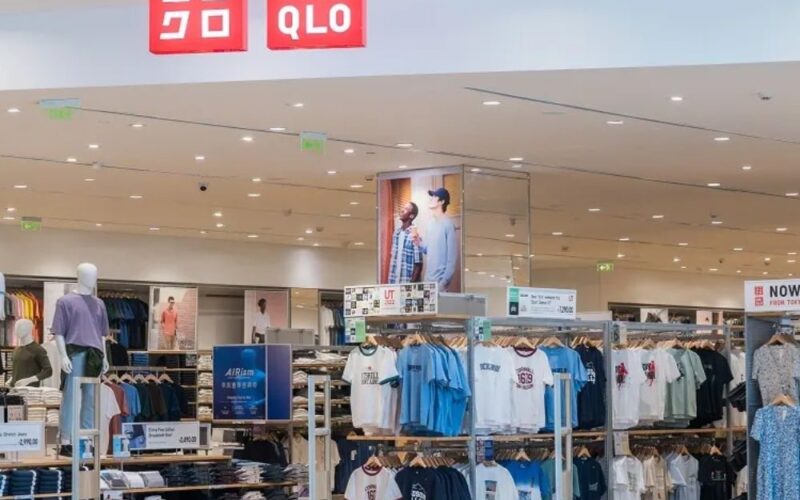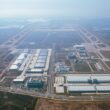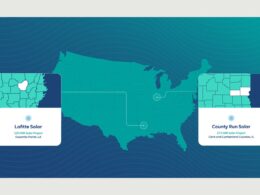Uniqlo, the global fashion retailer, is under fire in China after the head of its parent company, Fast Retailing, stated the brand does not source cotton from Xinjiang. Chief executive Tadashi Yanai made the remark in a BBC interview, sparking calls for a boycott on Chinese social media platforms.
Xinjiang cotton has become a contentious issue amid allegations of forced labour involving the Muslim Uyghur minority, which Beijing has repeatedly denied. Yanai told the BBC, “We’re not using [cotton from Xinjiang],” but refrained from elaborating, saying, “It gets too political if I say any more.”
The comments drew widespread criticism on Weibo, where hashtags such as “Controversy over Uniqlo founder’s remarks” and “Xinjiang cotton is the best in the world” trended, with millions engaging in discussions. Some users accused Uniqlo of arrogance and urged consumers to “stand firm” against the brand.
China is a crucial market and manufacturing hub for Uniqlo, with over 900 stores and plans to expand to 3,000 locations. Despite its dependency on the Chinese market, the company has navigated the Xinjiang cotton controversy cautiously in the past, avoiding the boycotts that hit brands like H&M, Nike, and Adidas.
Yanai’s earlier neutrality helped maintain Uniqlo’s popularity in China, even as other brands faced backlash for distancing themselves from Xinjiang cotton. However, his latest remarks highlight the increasing difficulty for companies to stay politically neutral as tensions between Beijing and Western governments grow.
In 2022, the US introduced stringent regulations requiring companies to prove imports from Xinjiang were not linked to forced labour. These measures prompted global brands to sever ties with the region, leading to consumer boycotts in China.
While Yanai emphasised Uniqlo’s commitment to sustainable and long-lasting fashion over fast fashion trends, the backlash underscores the tightrope global brands must walk in navigating geopolitical controversies.
The incident reflects a broader struggle for Western firms operating in China, where nationalist sentiment and international scrutiny over human rights often collide.






















